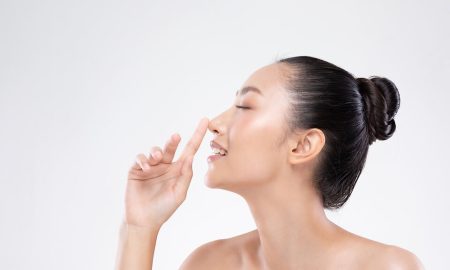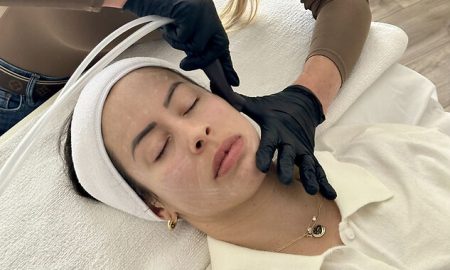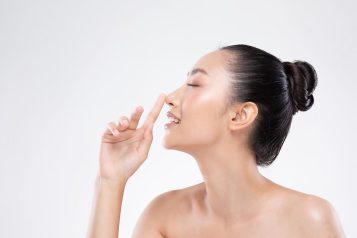Born in London, Dr. Purvisha Patel was raised in Wales (United Kingdom) and Virginia. She completed her undergraduate and medical school studies at the University of Virginia. She completed her dermatology training at The University of Tennessee Health Science Center in Memphis. Dr. Patel is certified by the American Board of Dermatology and is a member of the American Academy of Dermatology and the American Society for Dermatologic Surgery. Dr. Patel’s expertise in skin and skincare is also seen as she formulated and patented the Visha Skincare line when she saw that her products were working on patients of all ages, genders, and skin types. Dr. Patel is also a beauty influencer and her highly published dermatologist publications include Allure, Elle, Vogue, Cosmopolitan, Prevention, Readers Digest, Shape, Women's Health, etc.
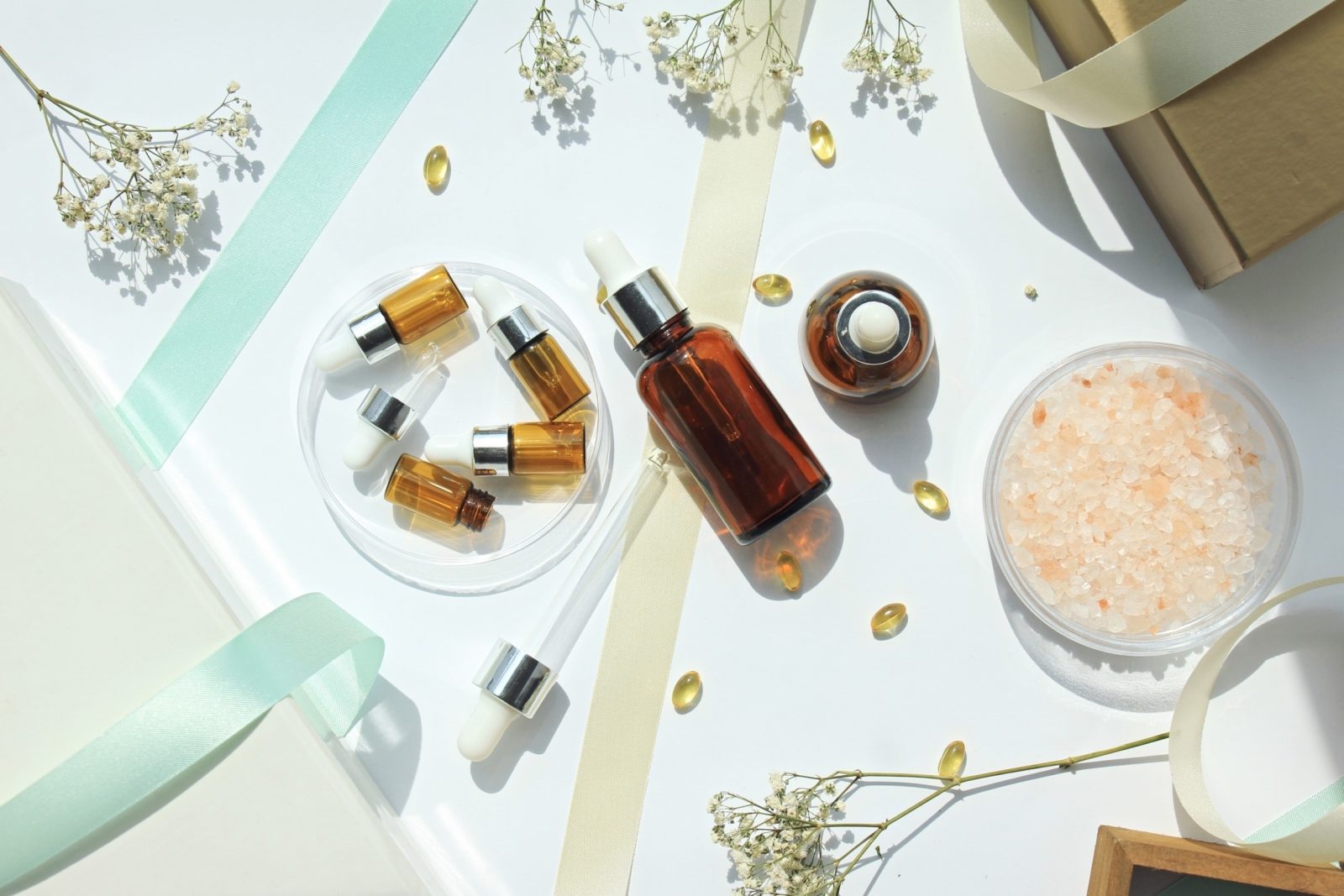
When our skin breaks out, is experiencing dryness or just being stubborn, we tend to instantly run to skincare products that we believe will be the quickest cure. Whether we use the products we own or purchase new ones, it is important to be aware of what these items can offer our skin especially due to the hundreds of skincare categories on the market. From face oils, serums, cleansers and moisturizers, what's available is endless. Haute Beauty expert Dr. Patel dishes on everything you need to know about two popular categories: face oils and serums.
What is the purpose of face oil? Serum?
Face oils are a mix of heavy and light fatty acids that absorb slower on the skin, and also create a barrier on the skin at the same time (examples: coconut, apricot, jojoba, and hempseed). They are composed of larger molecules that sit on the surface. Face oils help trap moisture and active ingredients that are put on the skin. Additionally, they prevent water loss from the skin.
Face serums are water-based products that can accomplish anything from reducing inflammation and redness to minimizing wrinkles to fighting hyperpigmentation. They are made of smaller particles that are easily absorbed into the skin to deliver active ingredients. Serums often contain a complex slew of antioxidants, vitamins, and other natural ingredients that revitalize skin in all kinds of ways. Most serums are formulated to create an intentional change in your skin. They are easily absorbed, so they should go on your skin first after washing your face. If you do use more than one, apply them from the lightest (most watery) to the thickest (oily).
What's the difference between the two? How are they similar?
They are similar in that they are carriers of ingredients that can change your skin. They are different in the order they are used, and the medium (water-based vs oil-based). Both vehicles can be used.
Do you need to use a face oil if you're using an oil-based serum?
You do not need to use face oil if using an oil-based serum. In fact, an oil-based serum will trap the ingredients/actives in the skin and the face oil placed on top will not penetrate fully (but will trap in the first oil serum ingredients).
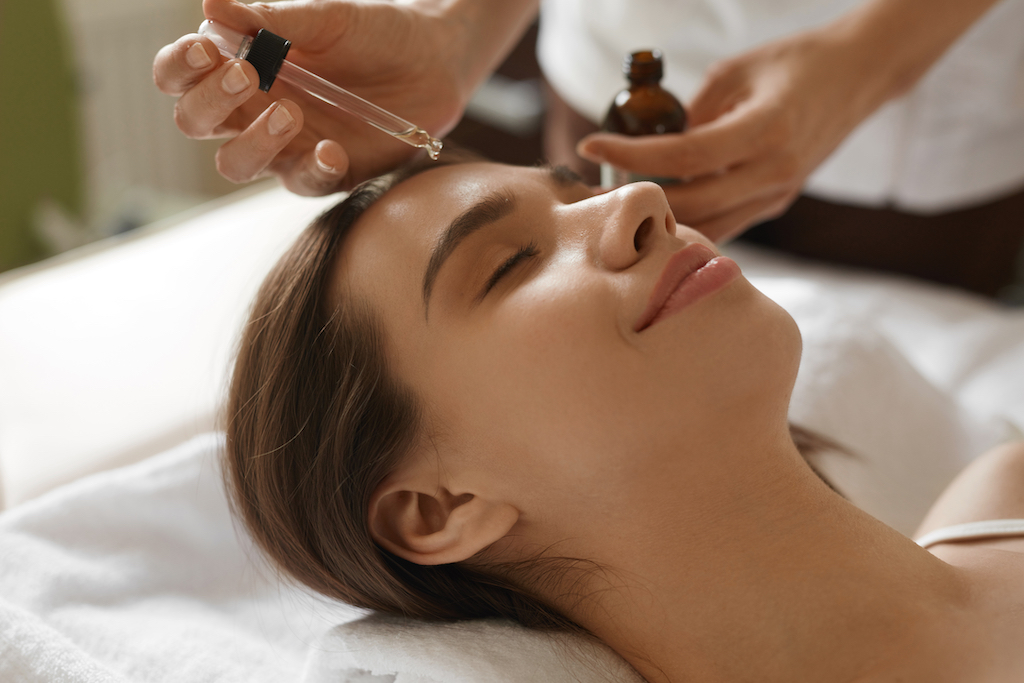
Any important rules to follow when incorporating one or both in your routine?
If you’re incorporating both into your routine, apply products from thinnest consistency to thickest, starting with water-based serums and working your way up to thicker creams and oils. This will ensure your serum is as close to your bare skin so that it will fully absorb. Face oil is more of an occlusive product and will trap the serum on the skin.
Are there ingredients in face oils you won't often find in a serum? Vice versa?
Often you will find lipophilic actives in oils (tea tree oil, vitamin E, cacay oil), that may not be found in water-based serum - as they will easily separate out. You will find water-soluble ingredients in serums versus oil as they will stay stable there (retinol, vitamin C, azelaic acid).
Anything else important to note?
The type of product you use depends on your skin type and what your skin goals are. Some serums and oils should not be mixed. Using a serum and oil with the same active ingredients does not give you double activity. Using face oil at night is better, as it can inhibit the activity of your sunscreen during the day. A serum can be used at night and during the day. Wait to let your serum soak in before adding the oil if used in combination.














